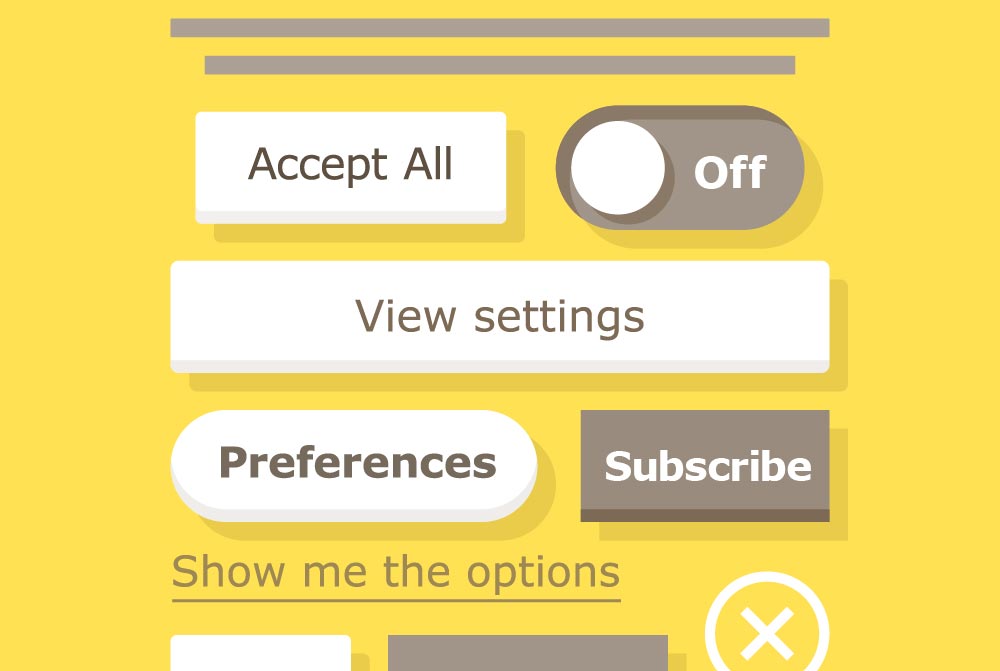ICO investigates whether “consent or pay” privacy is legal

The UK’s data privacy authority has launched a consultation on the “consent or pay” business models used by websites for browsing content with digital ads.
The practice of forcing users to choose between reading content for free with the caveat of their data being tracked or paying for access without ads is now commonplace across the internet.
However, the Information Commissioner’s Office (ICO) is investigating whether this practice is ethical and legal.
ICO says data protection laws don’t prohibit consent or pay policies but that users must give their consent “freely” and with full knowledge of what they are agreeing to.
The consultation period on ad-funded online business models is now underway, and a report on its findings will be published in late 2024.
Data privacy experts say there is currently a tug-of-war between publishers and authorities.
On one hand, the ICO is eager for people to have as much control over their data as possible, while websites and advertisers need to leverage that data to deliver personalised ads to drive revenue.
Philippa Don, who works for a data protection agency, notes: “Fundamentally, it comes down to an argument between a right to do business and a right to privacy.”
Traditional newspapers, such as The Times and MailOnline, have recently deployed the consent or pay model to combat declining print readership.
It’s also prevalent on social media, where platforms, including Facebook and Instagram, allow users to pay to prevent their data from being used for ad targeting.
The ICO will now decide whether it’s a fair choice.
